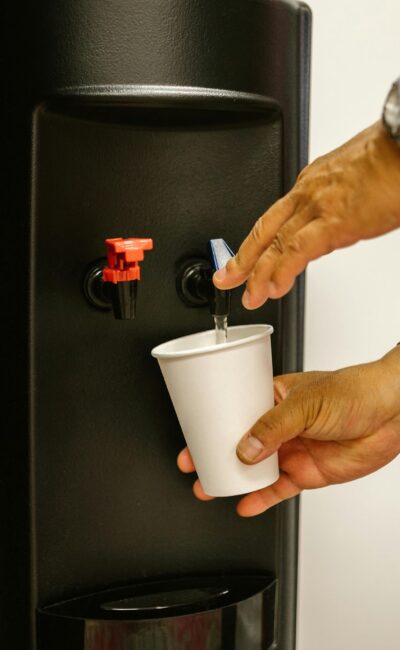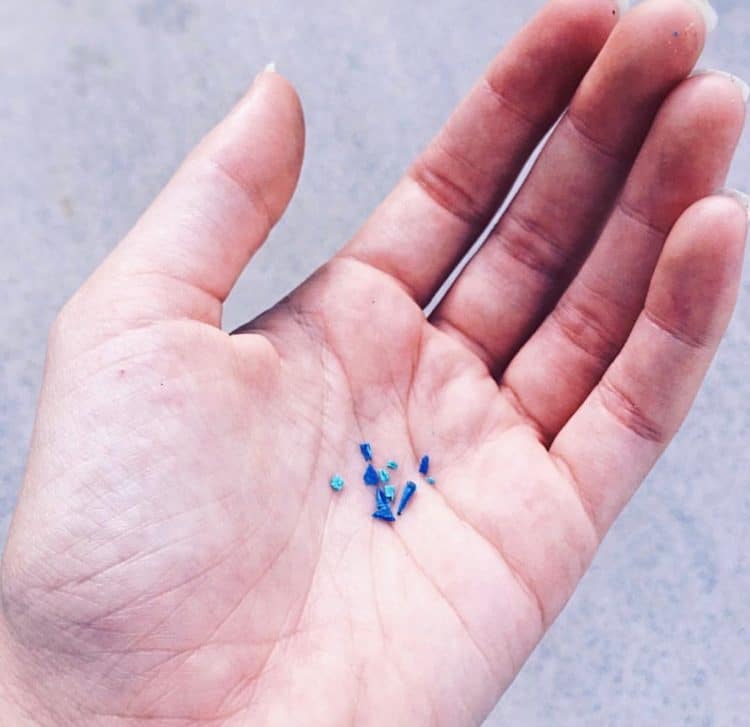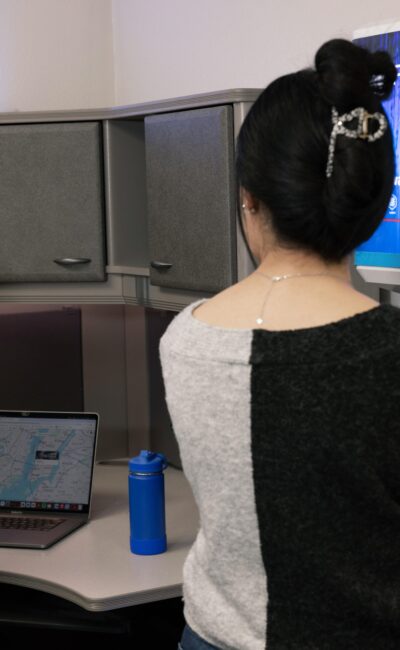Hydrate, intoxicate, caffeinate, repeat: Meet the startups pouring the future
These days, it seems like everyone with extra cash has some kind of pricey drinking habit. It might be fine wine, craft beer or cocktails. Or it could come in the form of coconut water, cold-pressed juice or the latest frothy caffeinated concoction.
No matter what your preference, startups and their backers likely have you covered.
In a follow-up to our story earlier this month about food startups gobbling up venture funding, Crunchbase News is taking a look at beverage companies guzzling capital. We found that while drinkables receive a smaller portion of funding than edibles, it’s still a sector that draws hundreds of millions of dollars in annual investment.
Where are investors pouring all that money? Some unlikely places. For instance, it appears the largest funding recipient so far this year is a China-based chain called Hey Tea that’s well known for a specialty called cheese tea. (An unfortunately named, slightly salty iced drink that a Crunchbase News team sampling determined was actually pretty tasty.)
Besides cheese tea, we found startups are also raising millions to bottle deep ocean water, customize instant coffee and make your party punch more portable.
Bottom line: So long as there are profit margins to squeeze out, the quest continues for new ways to get you drunk, hydrated or caffeinated. Below, we look at what’s trending on all these fronts.
Hydrate
Venture investors and startup entrepreneurs are betting there are highly scalable businesses to be built in doling out more exotic varieties of water, coconut-based beverages and other drinks to hydrate calorie-conscious consumers.
An analysis of Crunchbase data unearthed at least a dozen companies developing new varieties of water and fitness drinks that have raised funding in recent quarters.
Funding data reveals that investors still see the potential for significant returns from coconut water. The largest round in the hydration category went to Harmless Harvest, a seller of fair trade, organic coconut water and probiotic drinks that recently raised $30 million. The funding comes as the sector is on a tear, with the U.S. spending alone on coconut water projected to reach $2 billion next year.
We also saw a couple of deals involving startups offering alternatives to bottled or tap water. The most heavily capitalized one to receive funding in the past couple of years appears to be FloWater, a Denver-based startup that provides pure water refill stations and has raised about $8 million to date. Meanwhile, bottled water is still generating attention, too, as evidenced by the $5.5 million round late last year for Kona Deep, a bottler of deep ocean water.
Intoxicate
You may need water to survive, but if you’re looking to secure venture capital, it helps to throw in a bit of alcohol.
Since last year, venture investors have poured more than $300 million into an assortment of companies providing alcoholic beverages, drinking gadgetry and services to connect consumers with booze. Crunchbase News highlighted about a dozen that raised sizable rounds, along with one hangover cure startup.
Some of the larger funding rounds are for companies that don’t make alcohol; instead, these startups offer easier ways to select and buy it. These include Vivino, a popular wine rating app, as well as Drizly and Saucey, two ordering and delivery services.
There are emerging brands in the mix, too, including BeatBox Beverages, a purveyor of party punch in portable packages; Milestone Brands, a producer of organic tequilas and other spirits; and Plum, which has a gadget for dispensing good wine by the glass.
Caffeinate
If too much drinking makes you sleepy, let caffeine come to the rescue. Venture investors, known to be heavy consumers of caffeine, also seem to like investing in the stuff.
Using Crunchbase data, we highlighted more than a dozen companies in the coffee and tea space that have secured good-sized rounds in roughly the past year. They range from fast-growing chains, like China’s Hey Tea, to packaged drinks, like non-dairy blended drink maker Willow Cup, to instant beverage innovators, like Sudden Coffee. We even found a blockchain company in the mix, Crypto N Kafe, which aims to connect coffee farmers and consumers directly.
It’s not a bad area for exits, either. The most recent significant exit was Blue Bottle Coffee, a venture-backed brand known for really, really strong brews that sold a majority stake to Nestlé last September at a valuation of over $700 million.
Nourish
One additional beverage category in which we saw a high level of activity was in meal-replacement and nutrition drinks. Overall, we found at least a half-dozen companies developing nutritional drinks that have raised funding in recent quarters.
In this sector, probably the best-known startup name is Soylent, which has raised over $70 million for a line of drinks marketed to consumers who don’t have the time or inclination to sit down for a traditional meal. We also found a potential rival, meal-replacement beverage maker Ample, which secured angel funding last month.
The biggest round in the past couple of months for the space, however, went to REBBL, a startup that raised $20 million in May for its line of bottled drinks featuring health-promoting herbs, protein and coconut.
Mix it all up: Caffeinated, full and buzzed
Beverage investments, like everything else, aren’t always a home run for VCs. The demise of juicer startup Juicero last year offers a cautionary tale that large rounds don’t always translate into compelling business models.
That said, beverage purveyors don’t have to worry much about demand drying up. People will always be thirsty. And while we typically quench our thirst with simple tap or filtered water, where’s the fun (or the massive exit potential) in that?
Methodology
Our analysis focused primarily on companies that have secured funding in the past year; however, we also included some rounds outside those parameters that were exceptionally large or noteworthy in other ways.
Read the full article here




